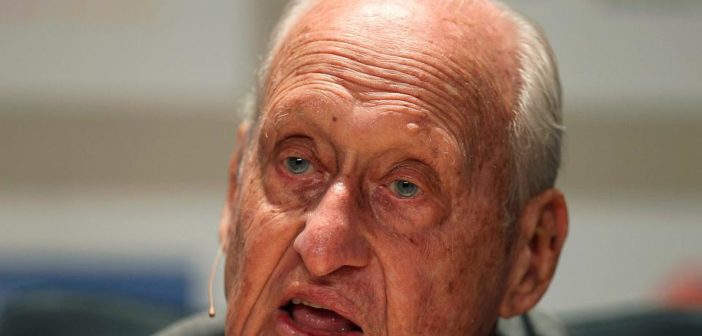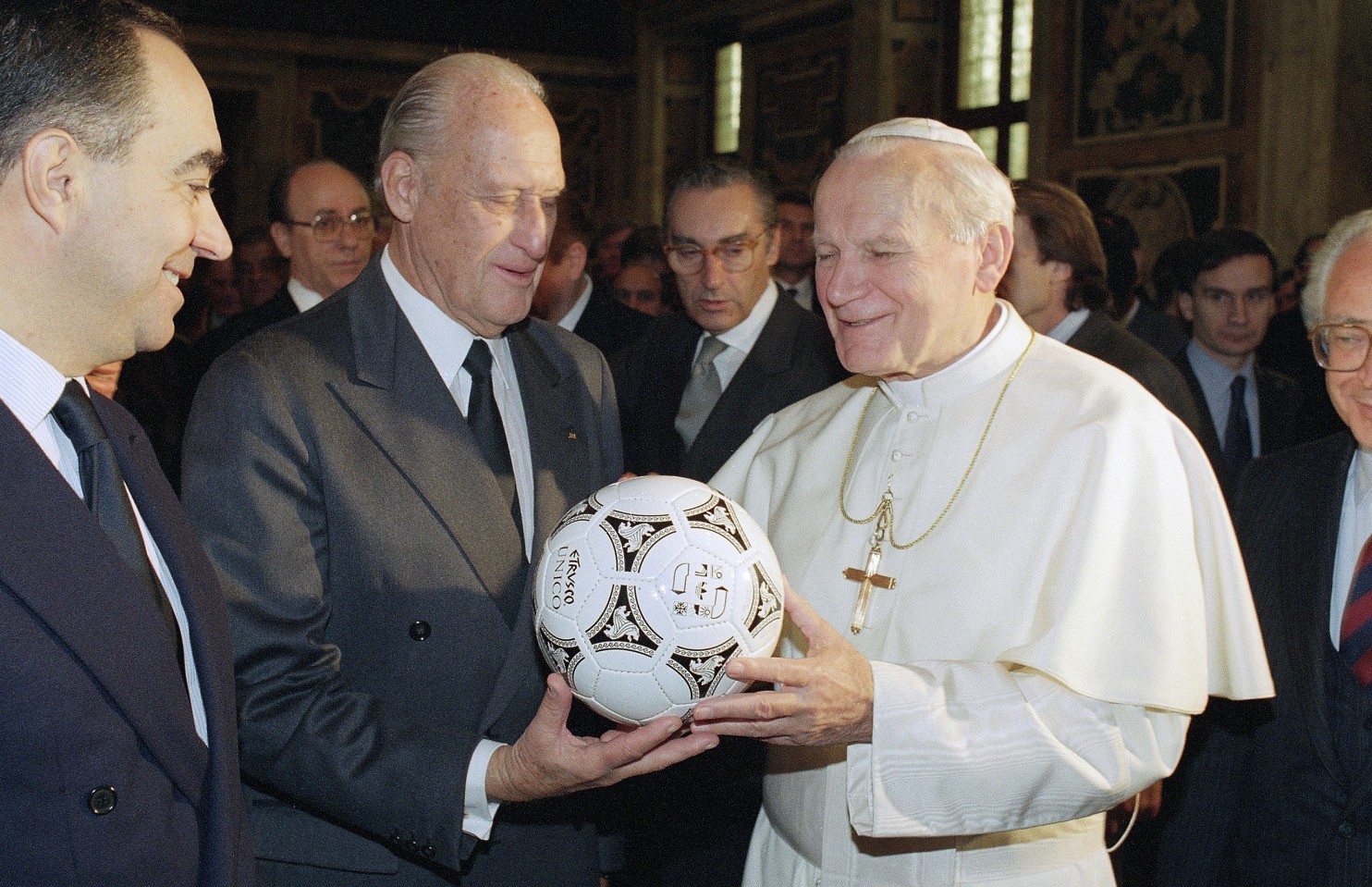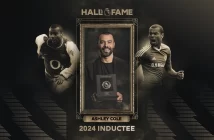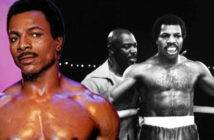Brazilian businessman and former Olympic athlete Joao Havelange who was the President of FIFA for over two decades from 1974 to 1998 has died at the age of 100 in his hometown Rio de Janeiro.
Joao introduced lucrative sponsorship and broadcasting deals that made soccer a global industry and brought immense wealth to FIFA and to the president’s inner circle.
By the time he ended his reign in 1998, football was unrivaled in its international popularity, and the quadrennial World Cup was eagerly followed on television by billions of spectators, generating billions of dollars in revenue via television rights and other commercial outlets.
Havelange was a law graduate and businessman, but also a talented sportsman who represented Brazil in both swimming and water polo.
After succeeding Stanley Rous as the head of FIFA in 1974, he used his business acumen to transform international football into the modern commercial era.
At the time, there were only seven employees at the federation’s headquarters in Zurich, and the World Cup brought in a total of $10 million every four years. Mr. Havelange greatly expanded the staff and scope of FIFA during his 24 years in office, the second-longest tenure of any FIFA president, after Frenchman Jules Rimet, who led the body from 1921 to 1954.
He was a high-ranking Olympic Committee official and played an instrumental role in securing the 2016 Games for his hometown. Fluent in Portuguese, French and Spanish, he spoke English in private but never in public, which contributed to his mystique of unassailable strength. He rarely consented to interviews in any language.
He launched the Youth World Cup for younger players in 1977 and the Women’s World Cup in 1991. He revolutionized football/
His reign at FIFA just like that of his successor, Sepp Blatter ended on a controversial note. With the money came accusations of corruption: prosecutors claimed he took bribes totaling tens of millions of dollars over the course of his tenure at FIFA and also during his time as a member of the International Olympic Committee. However Havelange avoided an embezzlement conviction after a multi-million dollar settlement.
Rio’s Engenhao stadium, a venue for many Olympic events currently taking place, was renamed after him.





